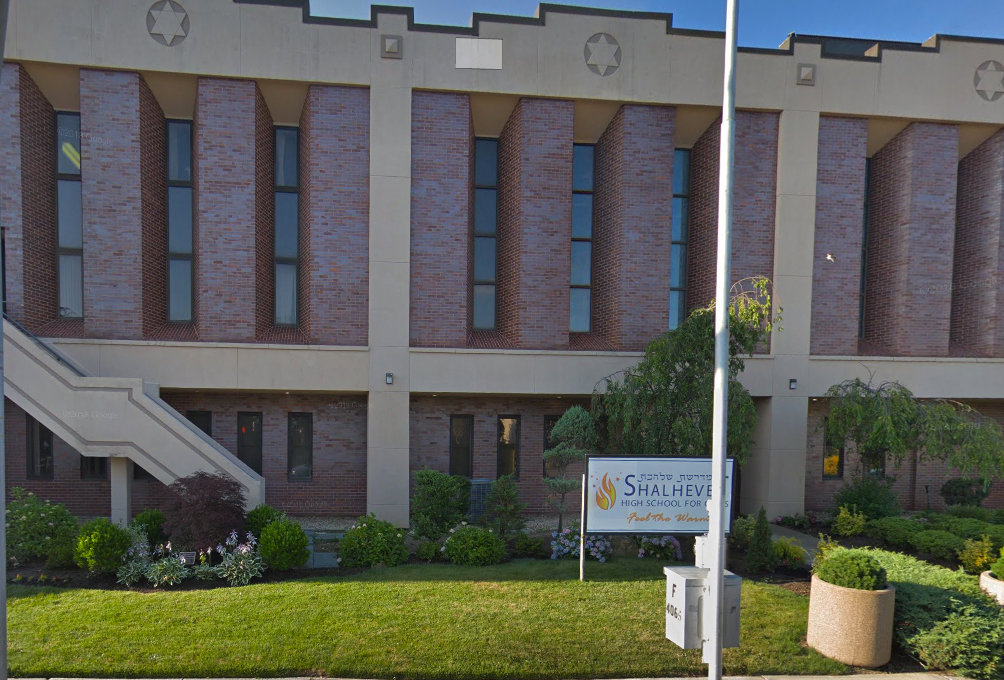New York State Supreme Court strikes down private school guidelines
The new private school regulations that State Education Commissioner MaryEllen Elia set down in November have been struck down by Supreme Court Justice Christina Ryba in Albany on April 17, two days after oral arguments were made over a preliminary injunction.
Ryba’s decision called the guidelines “an unlawful circumvention of the legal rulemaking process.”
Under the rules, all New York state private schools were mandated to offer a total of 36 hours of instruction per week in English, math, science and social studies. Failure to do so could result in the loss of state funding for textbooks, transportation and other items.
The imposed guidelines were a response that several Orthodox Jewish yeshivas, especially ones in Brooklyn and Manhattan, were providing little or no instruction in secular subjects such as English and math. Last April, state legislation gave oversight authority of yeshivas to the State Education Department rather than local education officials. Some 115,000 children attend Orthodox Jewish yeshivas across the state, officials said.
“Our guidance recognizes that parents have a right to choose nonpublic school for their child,” Elia said previously in a news release. “We want to ensure that all students receive the education they are entitled to under state education law no matter which school they attend.”
State education officials said the rules offered the private schools with a road map to fulfill the state law requirement that such schools provide a substantially equivalent” education to the one offered in public schools. Catholic schools, independent private schools and yeshivas filed suit, claiming that the new requirements could only be established by the State Legislature or the legal rulemaking process, including publishing the proposed rules, having public comment, a public hearing and then a vote by the state Board of Regents.
“The mandatory language dictating when the reviews will begin coupled with the language that insists that ‘all’ schools will be visited as part of the process constitute clear rules and are not merely ‘interpretive statements which in themselves have no legal effect but are merely explanatory’” Ryba wrote. Therefore, “the new guidelines are ‘rules’ that were not implemented in compliance with the [State Administrative Procedure Act] and are hereby nullified.
Parents for Educational and Religious Liberty in Schools, another plaintiff in the yeshiva lawsuit, lauded the ruling overturning the new requirements, which it said would have “radically transform[ed] the relationship between the state and its private schools.”
“The tens of thousands of parents who choose to send their children to yeshivas are proud of the more than 100 years of quality education and countless successful graduates they have produced,” organization officials said in a statement. “Our schools look forward to continuing that record of accomplishment.”
A review of state Regents test scores did find that yeshiva students, in New York, including the Five Towns, are outperforming their public-school peers. Midreshet Shalhevet High School, in North Woodmere, and Stella K. Abraham High School for Girls, in Hewlett Bay Park, have average English Language Arts Regents exam scores of 90.2 and 86.9, respectively, while public schools average just 61.8. Hebrew Academy of Five Towns and Rockaway High School students scored 12 percentage points higher than their public-school counterparts. Rambam Mesivta High School in Lawrence was in the top 20 of the highest scoring schools as well.
It is unclear what the SED will do next. “We are reviewing the court’s decision and will determine the appropriate next steps,” spokeswoman Emily DeSantis said in a statement.

 50.0°,
Overcast
50.0°,
Overcast 




